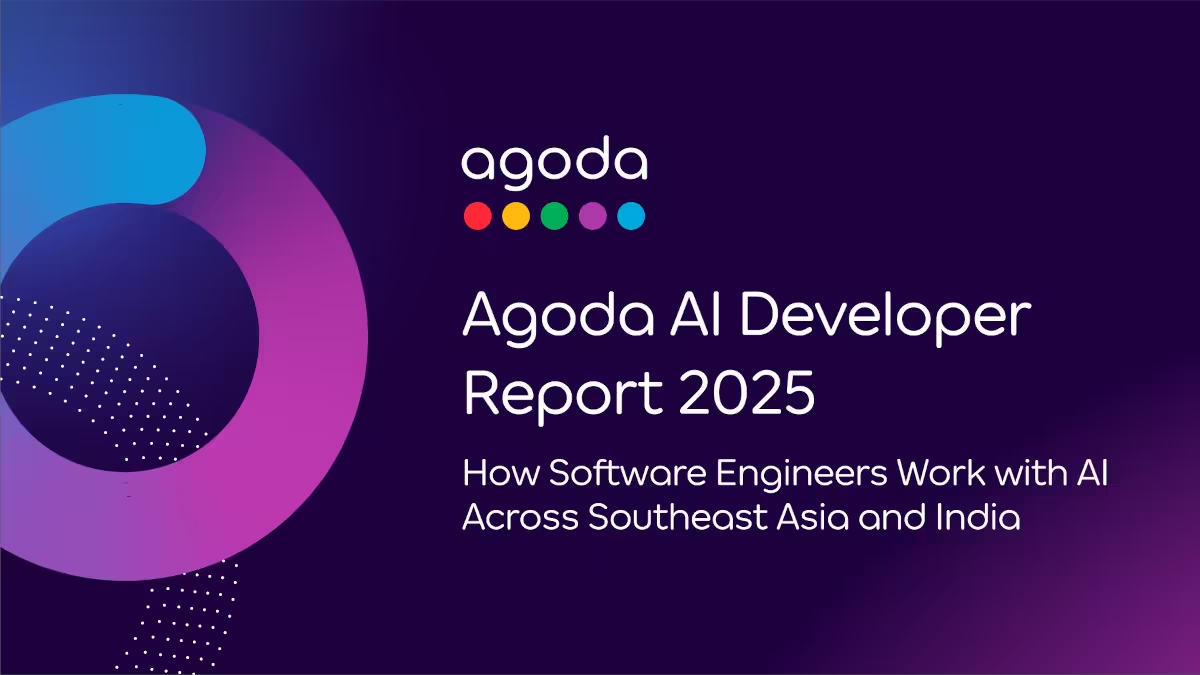
New Agoda report reveals the forces shaping the next phase of AI maturity in Southeast Asia and India
Here’s a detailed breakdown of the Agoda AI Developer Report 2025, which explores how AI maturity is evolving across Southeast Asia and India Near-Universal Adoption: - 95% of developers use AI weekly. - Usage is strongest in code generation (94%), but drops for downstream tasks: - Documentation (72%) - Code review (67%) - Testing (57%) - Planning (56%) - Deployment (36%) Governance Gap: - Only 25% of teams operate under official AI guidelines. - 60% of organizations lack a formal AI policy. - Governance is mostly shaped by team culture and peer practices, not structured frameworks. Reliability Concerns: - Developers report that AI-generated code works correctly less than half the time without significant revisions. - 70% routinely rework outputs, and 67% always review AI-generated code before merging. Organizational Responses - Leading companies are building structured governance frameworks to balance autonomy with oversight. - Example: Agoda’s GenAI Proxy – a unified layer that authenticates usage, enforces limits, monitors costs, and ensures compliance across multiple LLM providers. - This infrastructure helps measure adoption patterns and refine policies based on real-world usage. Regional Strengths - Southeast Asia and India’s advantage lies in speed and adaptability. - Developers are advancing adoption with peer oversight and disciplined practices, but the next step is to embed trust, quality, and governance into scalable frameworks. Strategic Implications - The report emphasizes that the next differentiator won’t be who adopts AI first, but who builds clear frameworks for consistent and productive usage. - Companies that succeed will set the regional standard for reliable and responsible AI. This study positions Southeast Asia and India as fast-moving AI ecosystems, but highlights that governance and reliability will define the next phase of maturity.
